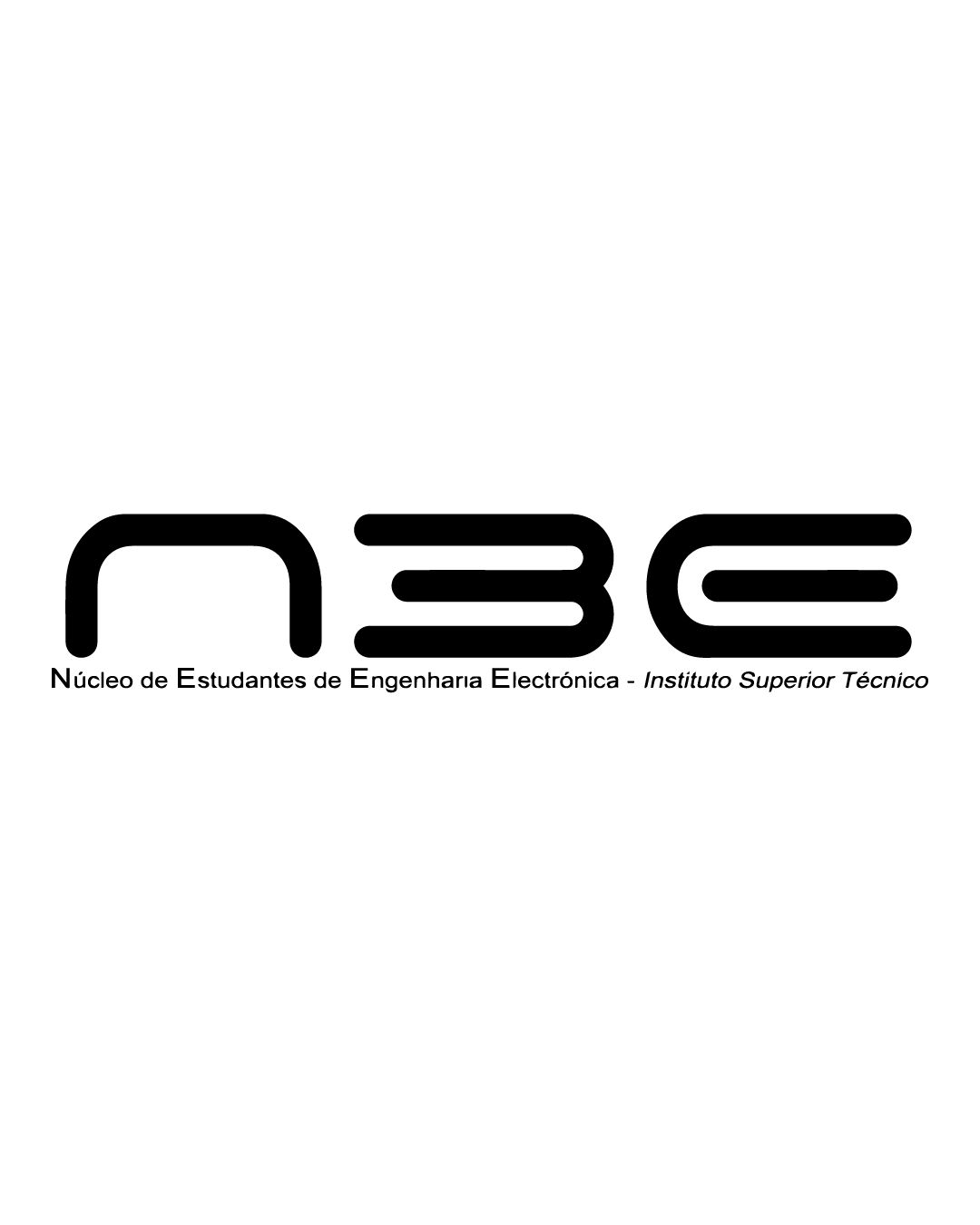
Programme Overview
Electronic Engineering focuses on the study of the electronic component of the different devices that are part of our everyday life, that is, their circuits and small electrical components. The role of electronic engineers is to design, develop, produce and apply electronic modules for different areas such as telecommunications, robotics or even medicine, acting in interdisciplinary teams at different stages of the development of a product.
Programme Structure
The 2nd Cycle in Electronics Engineering has a duration of 4 semesters (2 years), equivalent to 120 ECTS. The structure is depicted below.
Note: The curriculum distribution, which is shown over the two years, may be different according to the optional modules chosen.
-
1st year (ECTS)
-
42
-
18
-
-
2nd year (ECTS)
-
12
-
12
-
6
-
30
-
The curricula of the 1st and 2nd Cycle were reformed in the 2021/2022 academic year, following Decree-Law 65/2018 and the implementation of a new teaching model and pedagogical practices (previous programme structure).
-
Core Structure (54 ECTS)
The Master in Electronic Engineering (Major) deepens the knowledge acquired in the 1st Cycle, introducing topics in areas such as integrated, programmable, embedded or digital signal processing electronic systems, as well as power electronics or sensors.
The curricular plan offers the possibility of choosing subjects in this curricular component.
-
Free options (30 ECTS)
Part of the curriculum is of fully free choice, i.e., students may choose modules not only in Electronics Engineering but also in any other scientific field offered by Técnico.
This component includes the possibility of taking a Minor – a number of multidisciplinary modules – which equals 18 ECTS credits. The offer cuts across all programmes offered by Técnico.
Extra-curricular activities may also be credited, to a maximum of 6 ECTS credit points.
-
Project (6 ECTS)
To integrate the knowledge acquired in this Masters, students will study and elaborate a project, individually or in groups, and in an academic or business environment, on a challenge of Electronics Engineering.
-
Dissertation (30 ECTS)
The dissertation is the final assignment of the study cycle, which allows students to focus and specialise on a specific subject that may take any of these formats:
- Scientific thesis
- Internship at a company
- Capstone project
Target Audience
The Master in Electronics Engineering is intended for graduates in engineering-related areas, namely those with a background in Electronics, Telecommunications, Robotics, Control, and related fields.
The programme is taught in Portuguese however may there be international or mobility students enrolled, the curricular units will be taught in English.
Career Opportunities
Técnico’s Electronic Engineers can work in the areas of Electronics, Decision and Control, Robotics and Computers, developing activities such as:
- Design and implementation of computational circuits to accelerate communication networks and processors;
- Development of fast and efficient processors;
- Implementation of sensor networks that allow efficient monitoring, and their interconnection with actuators;
- Development of autonomous robots;
- Development of biomedical systems;
- Scientific research and development;
- Quality control;
- Consulting and leadership and management functions;
- Professional training and teaching.
Entry requirements
To apply for a 2nd Cycle at Técnico you should:
- hold a 1st cycle degree in Science and Technology (except in the case of the 2nd cycle in Architecture, which requires a 1st cycle degree in Architecture);
- hold an academic, scientific or professional curriculum that certifies their ability to do the MSc programme which they apply for.
Candidates are selected according to these criteria:
- affinity between the degree they hold and the programme they apply for;
- type of degree they hold;
- academic success in the programme they attended.
Note: if requested, we may appreciate the academic, scientific or professional curriculum and the candidate’s performance during the interview.
Students' Organisations

Técnico students autonomously and proactively stimulate projects that complement their academic background. For example, the Students’ Organisations provide them with skills and added value making them more competitive in the labour market.
The Electronics Engineering Students’ Organisation (N3E) is the main structure of Electronics Engineering students, which promotes activities such as:
- Prototype development projects
- National and international competitions
- Workshops
- Repository of study materials
- Summer internships in the Técnico Summer Internships initiative
- Collaboration in the Taguspark Business and Technology Week

